
Introduction
As an increase in awareness of the negative effects of refined sugar, many turn to natural alternatives. But are they really healthy? This article examines the benefits and shortcomings of popular natural sweetness such as jaggery, date extract, honey, stevia and monk fruits.
Why Avoid Refined Sugar?
Refined Sugar has been linked to many health problems including:
• Weight gain – more sugar contributes to overweight.
• Diabetic risk – spikes blood sugar levels rapidly.
• Heart disease – the risk of heart problems increases.
• Inflammation – promotes cavities and poor oral health.
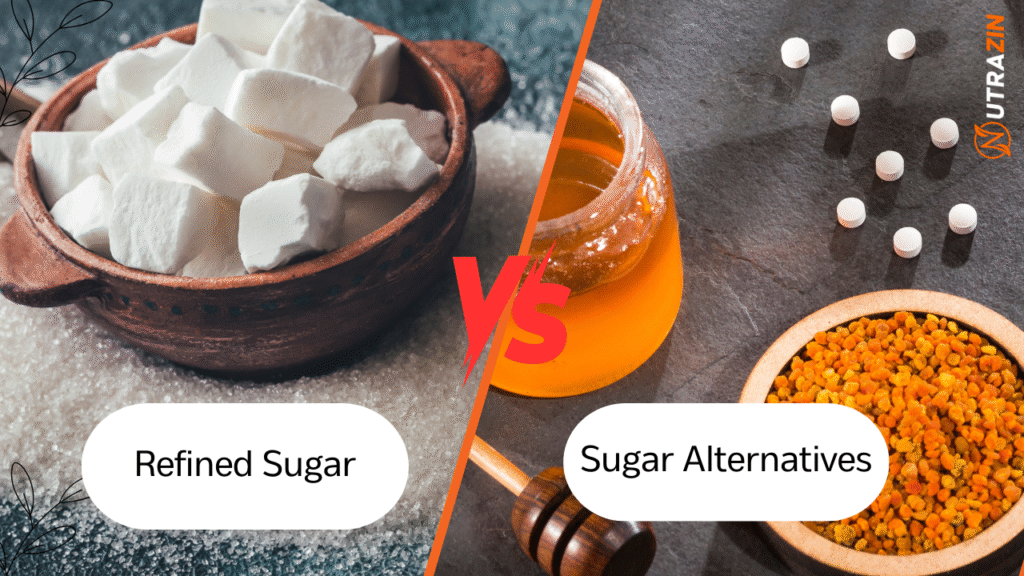
Popular natural sugar options
1. Jaggery
What is this?
Jaggery is an unrefined sugar made from sugarcane or palm sap.
Benefits:
Priced in minerals such as iron and potassium.
Takes slow-release energy. Rapid aids increase digestion and immunity.
Drawbacks:
Jaggery is still high in calories and carbohydrates.
Example: In India, jaggery is often used in tea instead of white sugar.
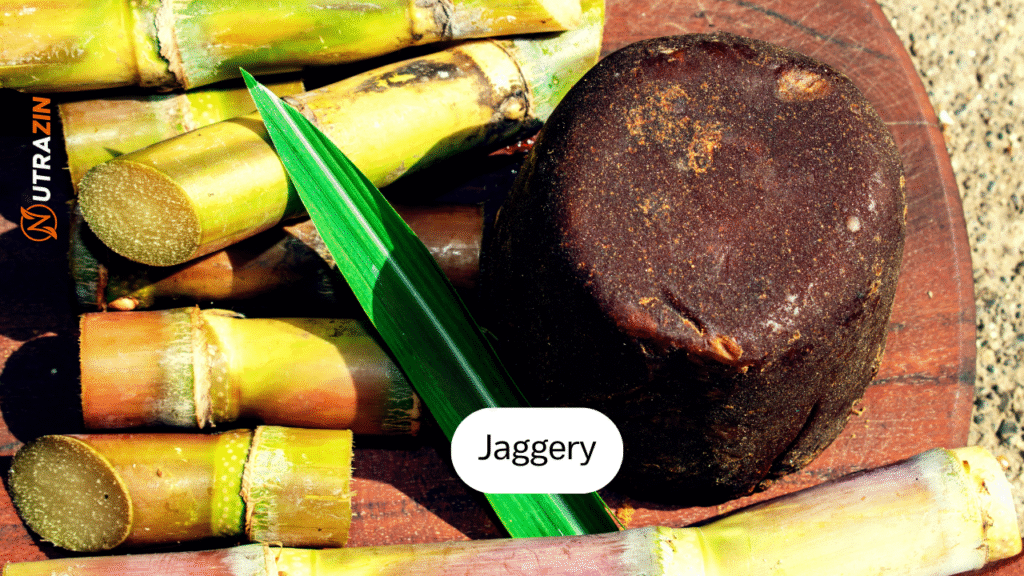
2. Date
*What is this?
A natural sweetener made of mixed dates.
Benefits:
High fiber and antioxidants.
Low glycemic index, is better for diabetic patients.
Contains essential minerals such as potassium and magnesium.
Drawbacks:
A slightly caramel-like taste cannot fit all dishes.
Example: Middle East Desert and is used in Energy bars.
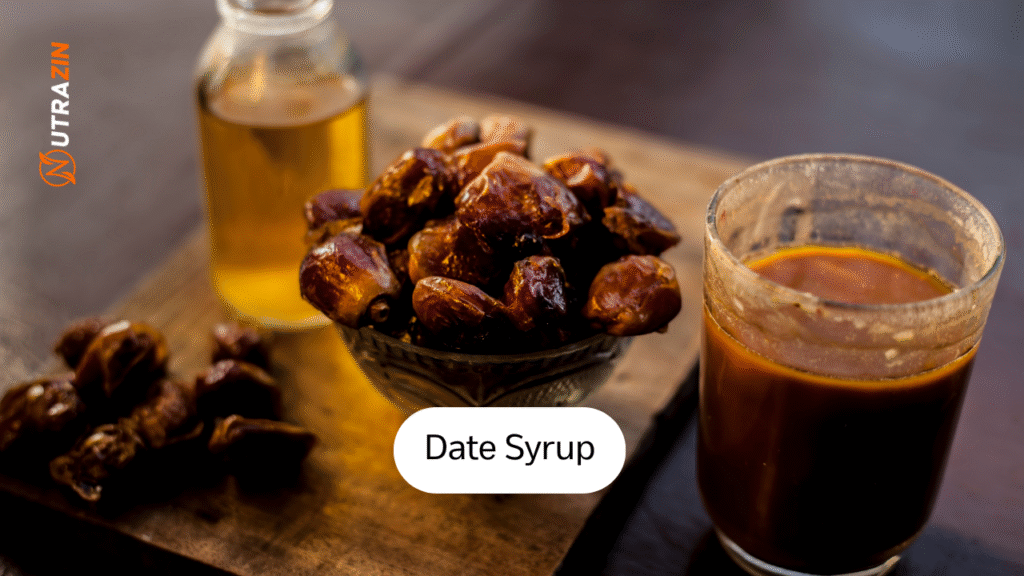
3. Honey
What is this?
A natural sweetener produced by bees from flower nectar.
Benefits:
Antibacterial, and antioxidant properties.
Helps to soothe sore throats and improve immunity.
lower glycemic index than sugar.
Drawbacks:
Still contains high sugar content.
Not vegan-friendly.
Example: In herbal teas and salad dressing, honey is used as a natural sweetener.
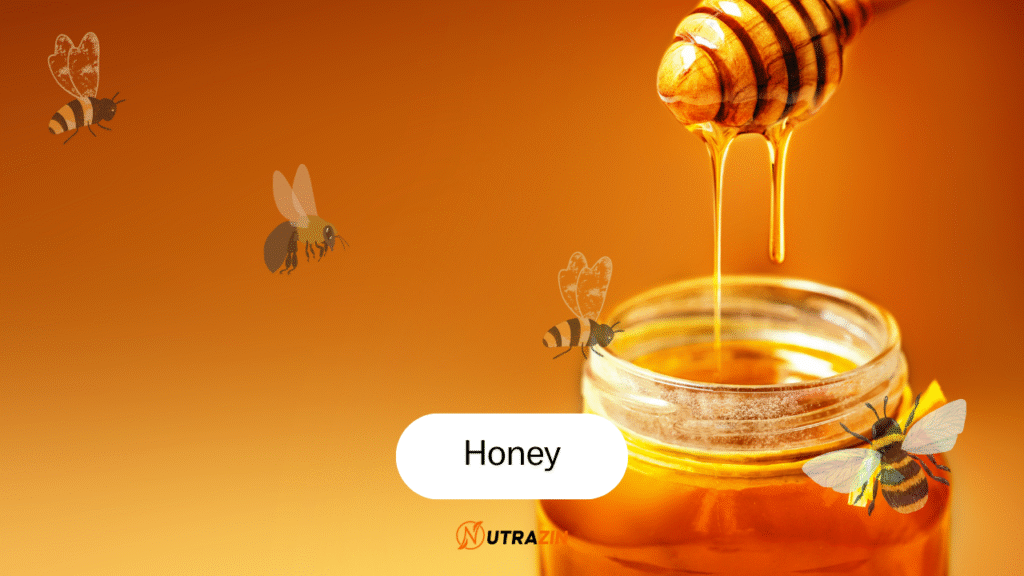
4. Stevia
What is this?
A zero-calorie sweetener obtained from the Stevia plant.
Benefits:
It is suitable for diabetic patients, as it does not spike blood sugar.
There are no calories, it is ideal for weight loss.
200-300 times sweet compared to sugar, so only a small amount is required.
Drawbacks:
Slightly tastes bitter for some people.
Commercial forms were highly treated.
Example: Usually used in diet soda and sugar-free desserts.
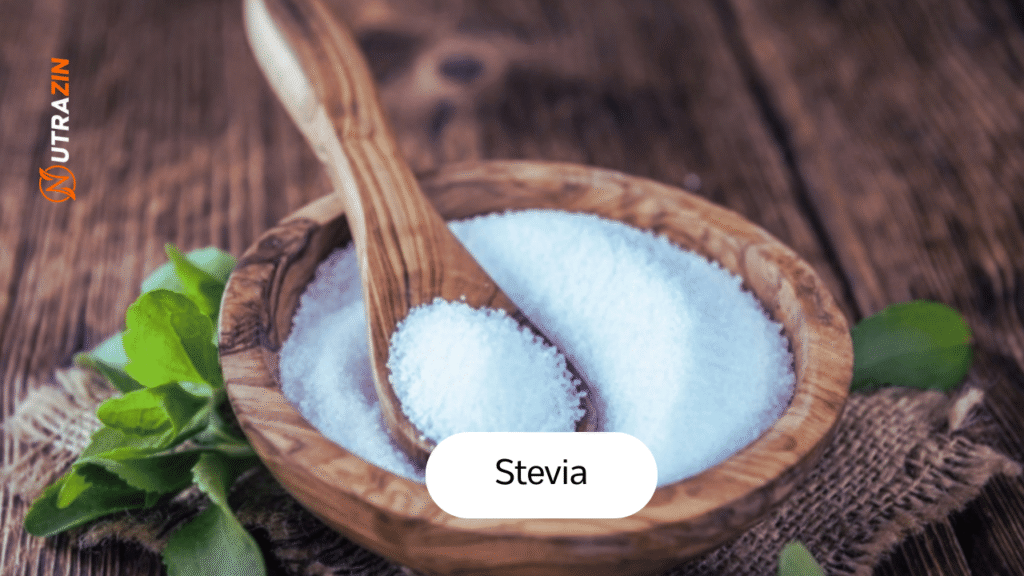
5. Monk fruit sweetener
What is this?
A sweetener taken from monk fruit, a small melon-like fruit from China.
Benefits:
There are zero calories and carbohydrates.
It has antioxidant properties.
Does not spike the blood sugar level.
Drawbacks:
Expensive and not widely available.
Often mixed with other sweeteners in commercial products.
Examples: Used in baking and low-carb dishes.
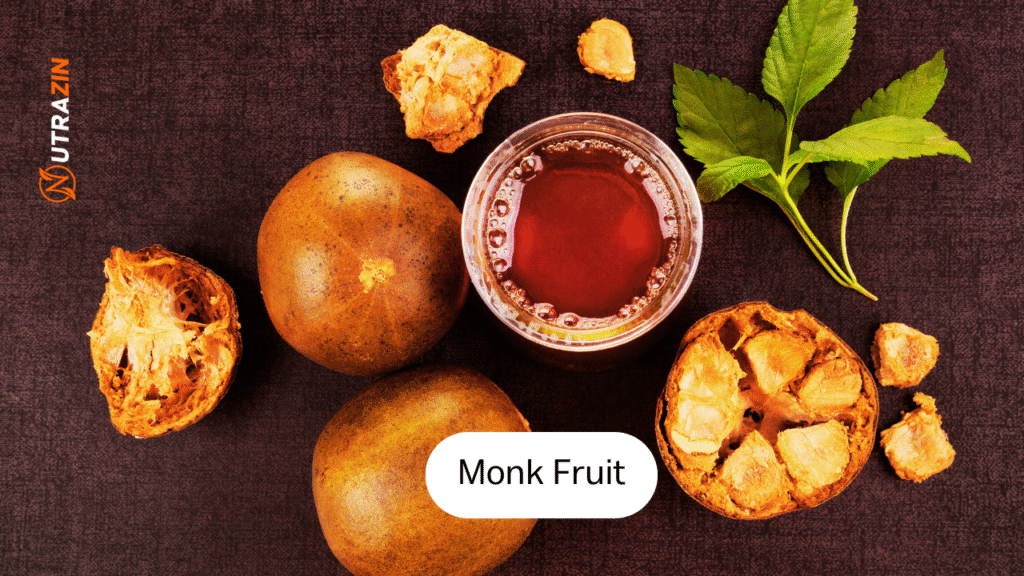
Which is healthy?
Each natural sugar alternative has its benefits, and the best option depends on personal health goals:
• For iron and minerals, Jaggery is a great option.
• For diabetics, Stevia and Monk Fruits are the safest.
• To increase immunity, honey works well.
• To make fiber-rich sweet, date extract is the best option.
Conclusion:
Natural Sugar options can be a healthy alternative compared to refined sugar, but moderation is important. While providing additional nutrients and low glycemic effects, over-consumption can still lead to health problems. Always choose the smallest processed version products to maximize health benefits.
At Nutrazin, we understand the importance of creating healthy alternatives without compromising taste.
Remember that turning on natural sugar options is not just a dietary change – this is a step toward a healthy future.
Join the Nutrazin family and let your health make a delicious habit together!




